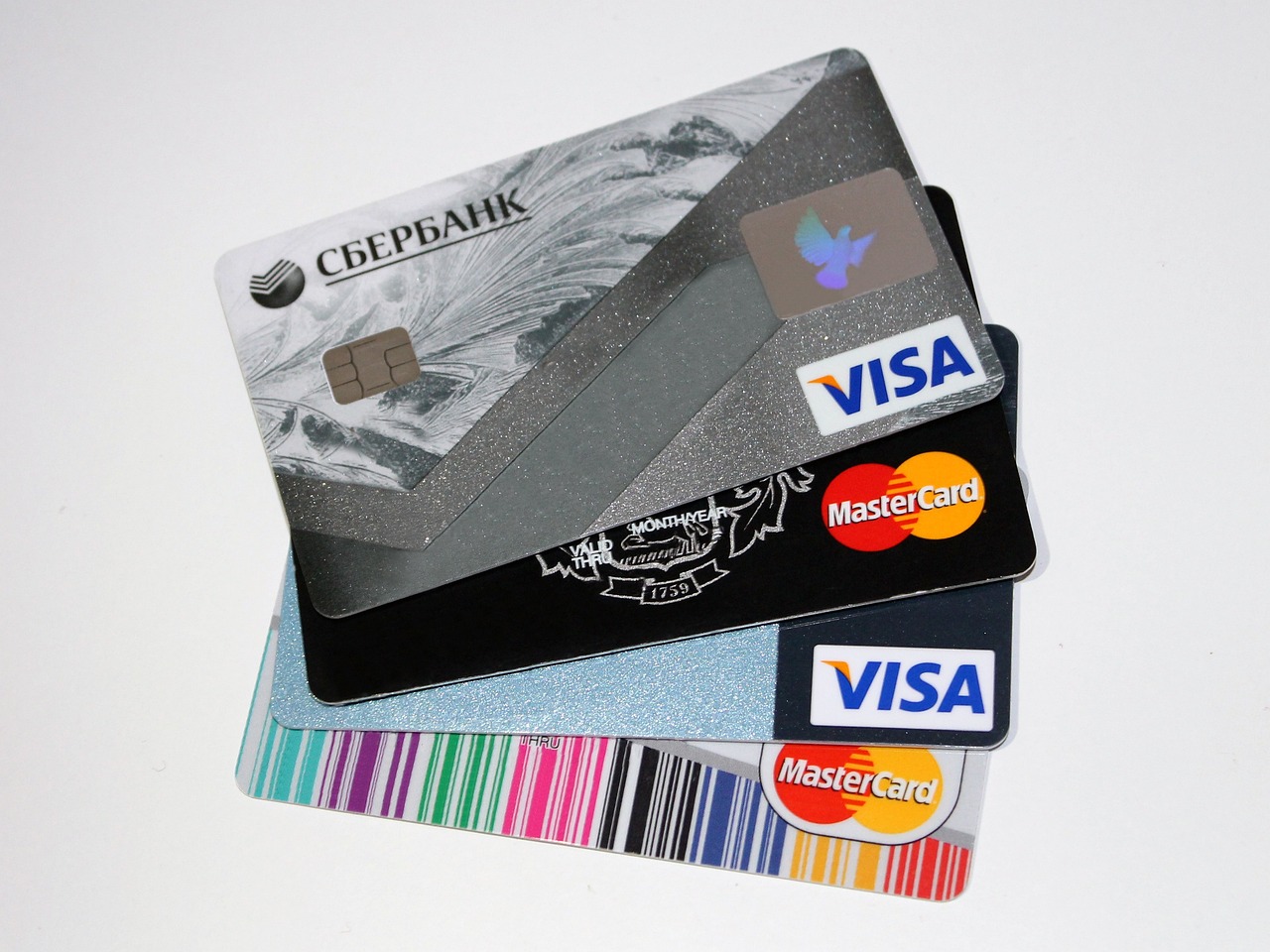CIBIL stands for Credit Information Bureau India Limited, it represents your creditworthiness. It will be calculated based on credit history, repayment cycle, tenure and utilization. This will help the banks and financial institutions to know how much trustworthy you are and what is the amount of probability that you will be paying back if you use credit card.
- Don’t check your CIBIL score too frequently
- Don’t enquire about loans and credit cards very often
- Don’t use more than 30% of your credit limit
- Pay your bills or EMIs on time
- Make sure your cards are active and you are using atleast once in a while
- If you want to improve credit score, take a little loan and pay on time, it will help you to create your credit history
- If you don’t have an active income or not doing any job, it will be hard for you to get credit card, go to any bank, do some fixed deposit of about 1 lakh and request the bank for a credit card
- When you are enquiring about interest rates by approaching different banks while taking loans, make sure you contact all the banks within 2 weeks so that your CIBIL score will have minimal impact. Enquiry about loans and credit cards comes under hard enquiry. It is recommeneded to complete this enquires in shorter time like 10-15 days because credit scoring models group together mutliple enquiries made within a short span and treat them as single enquiry. Impact on CIBIL score will be minimal.
- Try to take secured loans, like car loan or home loan, because of this bank people will have something in thier hand even if you don’t pay. If you take any unsecured loan like personal loan or credit card debt, it is not backed by anything. So, prefer taking secured loans.
- Last but not least, have a credit card if you don’t have one because who knows in the future you might be requiring some loan and you don’t have any credit history to show. If you don’t have any credit card, banks will tag you minimal credit score and charge you higher interest rates for your loans.



